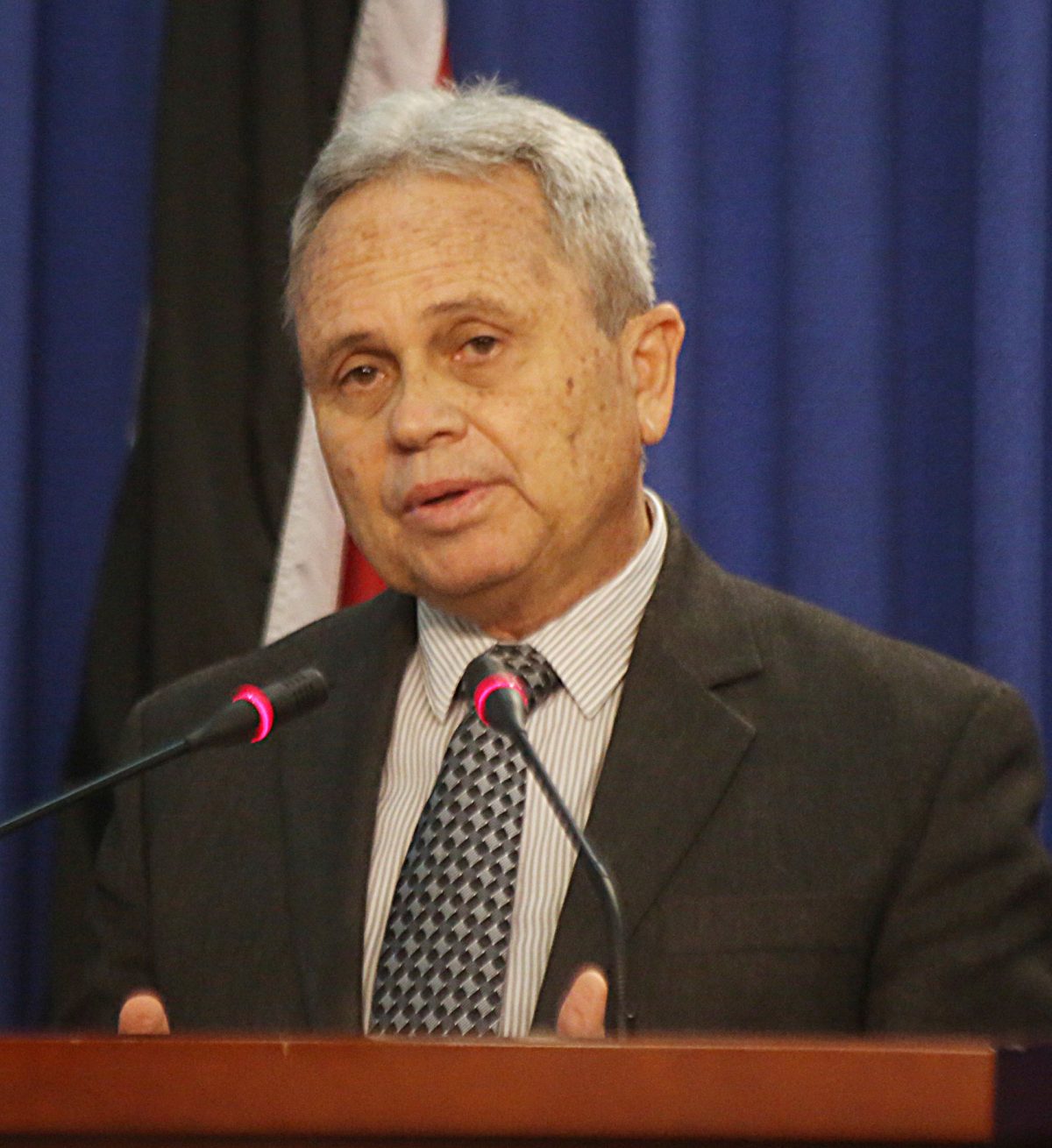(Trinidad Guardian) Finance Minister Colm Imbert said that Trinidad and Tobago is set to become a digital economy.
In delivering his Budget Presentation for fiscal 2020-2021, the Finance Minister shared some insights into how this budget will drive the transformation of Trini-dad and Tobago into a digital economy.
This concept has been a priority for the Rowley Administration and was promoted heavily during the August elections.
The minister noted that government is focused on e-governance, e-banking and e-commerce, among the many systems to help develop technology in Trinidad and Tobago.
Most of the planning and implementing will be channelled through the new Ministry of Public Adminis-tration and Digital Transfor-mation.
“A fully digital Trinidad and Tobago is essential to the growth and diversification of the economy,” he said. “In this context, the Ministry of Public Administration and Digital Transformation has been charged with the responsibility of directing the necessary changes needed to accomplish this objective. It has been mandated to ensure high-speed broadband access, including requisite ICT infrastructure, is available for all,” Minister Imbert said.
He contends the ministry also has been mandated to create an electronic population register or E-identity for every citizen, to facilitate the data transmission to all agencies. He said this is expected to streamline processes, as well as identify and eliminate waste and duplication and inefficiencies.
The fiscal package also offered incentives for companies investing in technology with the establishment of a Tech Investment Fund and a special purpose Tech Promotions and Development Company.
“A Tech Investment Fund and a Tech Promotions and Development Company will be established. The Fund will be available to viable tech start-ups and new tech businesses. It is expected that the new digital economy will transform all industries and be vastly different from the old economy,” explained the Finance Minister.
He added: “The allowance is set at 150 per cent to the cap of $3 million. A tax allowance will be given to businesses engaging in technology solutions and digitalization. Incentives will go to businesses creating employment in technology industries.”

